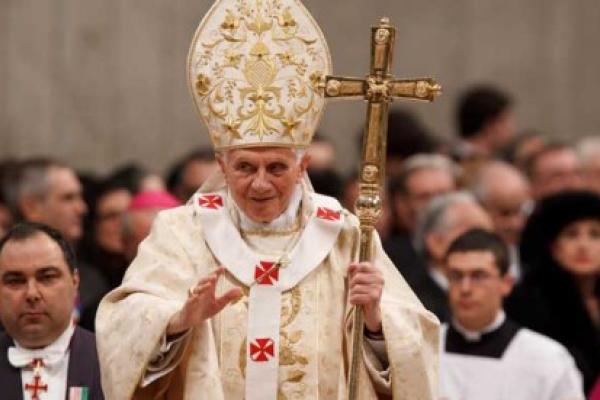Feb 11, 2013
VATICAN CITY — In a move that took the world by surprise, Pope Benedict XVI announced on Monday that he will become the first pope in 600 years to resign, with plans to step down on Feb. 28.
“After having repeatedly examined my conscience before God, I have come to the certainty that my strengths, due to an advanced age, are no longer suited to an adequate exercise of the Petrine ministry,” Benedict told cardinals as they gathered in Rome for the proclamation of new saints.
Vatican spokesman Rev. Federico Lombardi said preparations for the conclave that will elect Benedict’s successor are in the early stages.
A papal election could be expected “within 10 to 15 days,” he said. “We should have a new pope by Easter.”
Read the Full Article

Already a subscriber? Login
